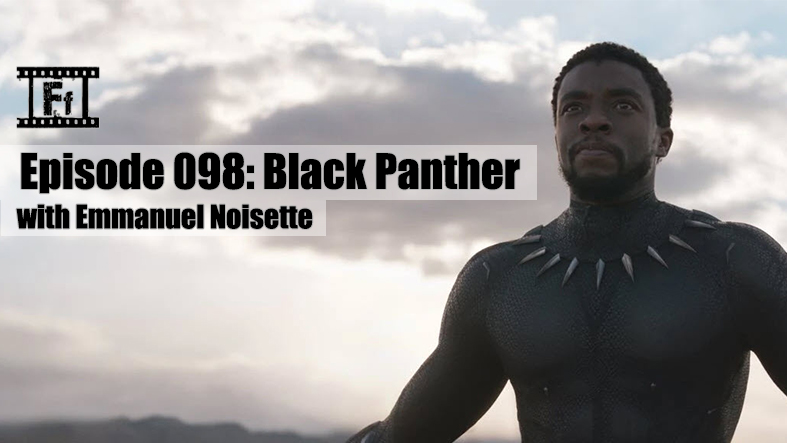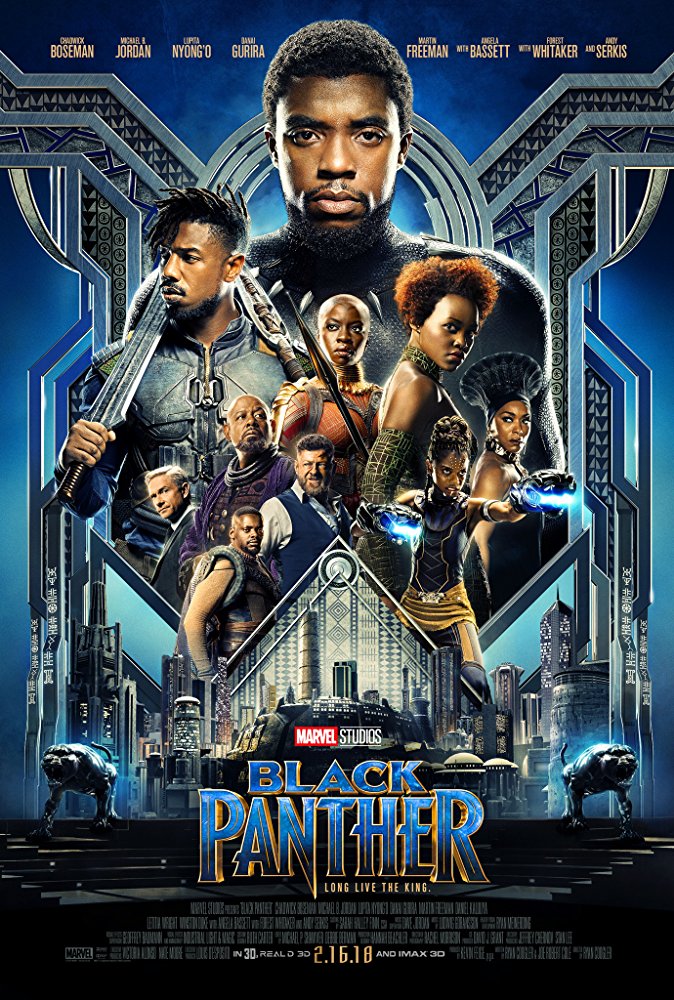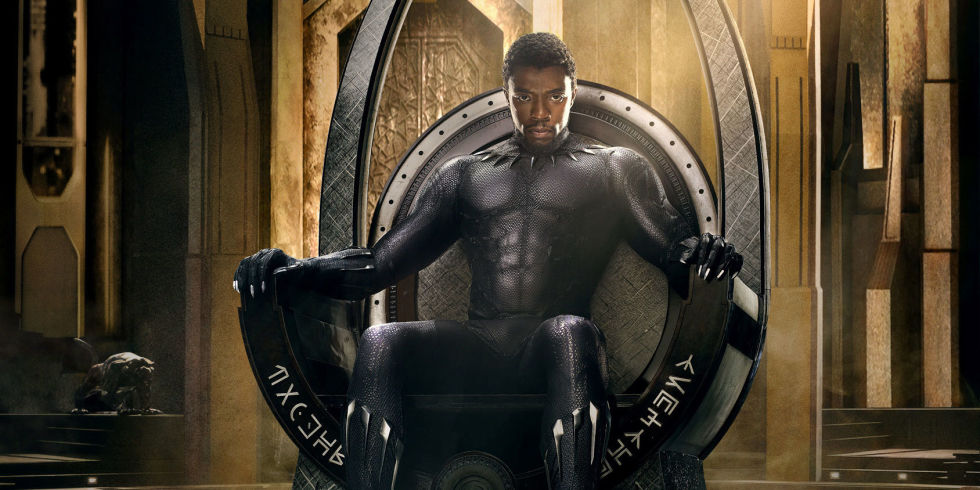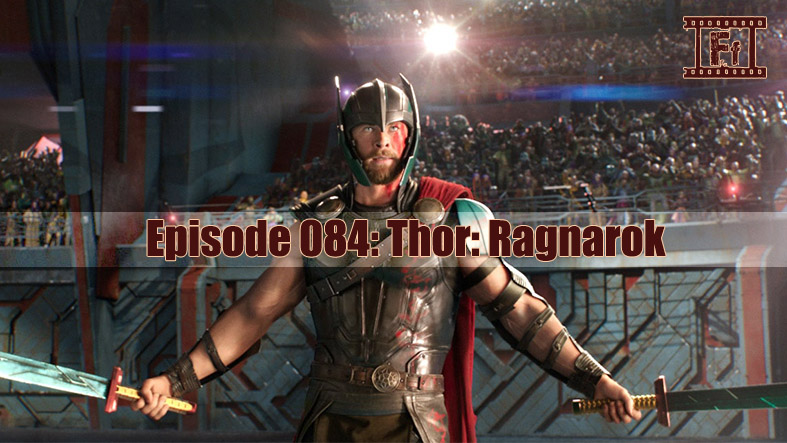LESSON #1: PRODUCER KEVIN FEIGE KNOWS WHAT HE’S DOING AND TALKING ABOUT— Marvel film producer czar Kevin Feige has been a busy man with the soundbites this summer, three of which I’ll feature this week. Success has put him in a powerful place, but a man doesn’t get to that level without smarts and savvy. First, I loved his sentiments on whether or not Marvel films should no longer be overlooked as Oscar contenders saying “I would much rather be in a room full of engaged fans.” He knows that’s the true victory and how awards aren’t everything. Second, he explained the new three-movies-per-year quota that Marvel is churning out, where he’s not sweating saturation and relishes the chance to expand on the multiple franchise that have been started. His logic on the matter is solid. Finally, he’s gained and earned wisdom through his work. When he was asked about what the DCEU can do to improve their product, he respectfully pointed to Richard Donner’s Superman: The Movie and called that the “paradigm by which we should all still follow.” I love that use of “we” where he sees everyone striving for the same endearment. Over and over, Kevin Feige is a guy who flat out “gets it.” More studio heads should follow his mentality and steady patience.
LESSON #2: UNDER-PERFORMING MIGHT FINALLY HAVE CONSEQUENCES— I know I have long shouted from the soapbox that these blockbusters we see come and go are “too big to fail.” They may not meet inflated financial expectations that studio execs shoot for on some wish list spreadsheet, but they always, always, always make money. And because they never lose money, I never think a big studio is really going to dramatically change their ways. We’ll see little course corrections, but never wholesale change. As mentioned last time here on WWLTW, we’re teetering on that point with Warner Bros. on their third DCEU head with Walter Hamada bumping Geoff Johns after he replaced Zack Snyder. That’s the DC mess. I never fathomed big changes would happen at the juggernaut that is Disney controlling LucasFilm no matter the perception of backlash that makes little click bait headlines and social media rants, but it’s happening. The spinoff Solo won’t really lose money, but its disappointing haul has slowed plans for more A Star Wars Story anthology films, which presses the pause button on upcoming Obi-Wan Kenobi and Boba Fett films. Mistakes were made with that film and its marketing and timing, but the surprising derailment is real. Add to that the likely “firing” or “stepping down” (pick one) of Kathleen Kennedy at LucasFilm and you have real changes afoot. What looked untouchable and unstoppable is reeling in its own way. By the way, Kevin Feige is not going to take over LucasFilm, so calm those heart palpitations.
LESSON #3: MOVIEPASS MAY BE FAILING, BUT THEATER OWNERS STILL WANT YOUR BUSINESS— The caveat to that lesson title is that the theater owners want all of the business. They don’t want to share the dimes you’re spending with with a middle-man service. With MoviePass plugging more leaky holes in its business boat than it has dollar bills or hands, other companies want to fill that void. Here comes AMC Theaters and their launch of their new “A-List” service. Their pitch is up to three movies per week including any and all premium options including Dolby, IMAX, and 3D for $19.95/month. No matter the provider or perks, price point is still the ultimate motivator. $20 for as many as 12 premium movies a month sounds outstanding to me. We’ll see if AMC can handle the financial gambles.
 DON SHANAHAN is a Chicago-based film critic writing on his website Every Movie Has a Lesson and also on Medium.com where he is one of the 50 “Top Writers” in the Movies category. As an elementary educator by day, Don writes his movie reviews with life lessons in mind, from the serious to the farcical. He is a proud director and one of the founders of the Chicago Independent Film Critics Circle. As a contributor here on Feelin’ Film, he’s going to expand those lessons to current movie news and trends while chipping in with guest spots and co-hosting duties on a podcast every now and then Find “Every Movie Has a Lesson” on Facebook, Twitter, and Medium.
DON SHANAHAN is a Chicago-based film critic writing on his website Every Movie Has a Lesson and also on Medium.com where he is one of the 50 “Top Writers” in the Movies category. As an elementary educator by day, Don writes his movie reviews with life lessons in mind, from the serious to the farcical. He is a proud director and one of the founders of the Chicago Independent Film Critics Circle. As a contributor here on Feelin’ Film, he’s going to expand those lessons to current movie news and trends while chipping in with guest spots and co-hosting duties on a podcast every now and then Find “Every Movie Has a Lesson” on Facebook, Twitter, and Medium.

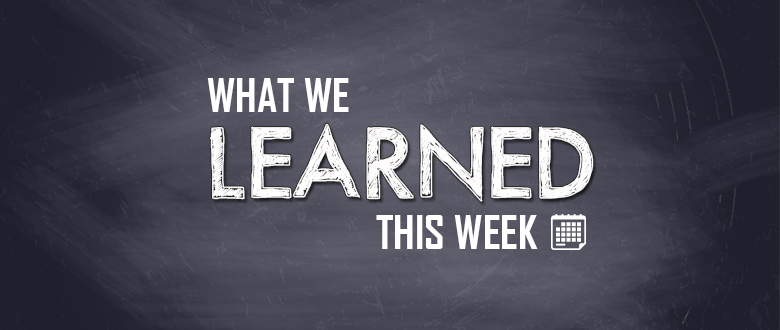




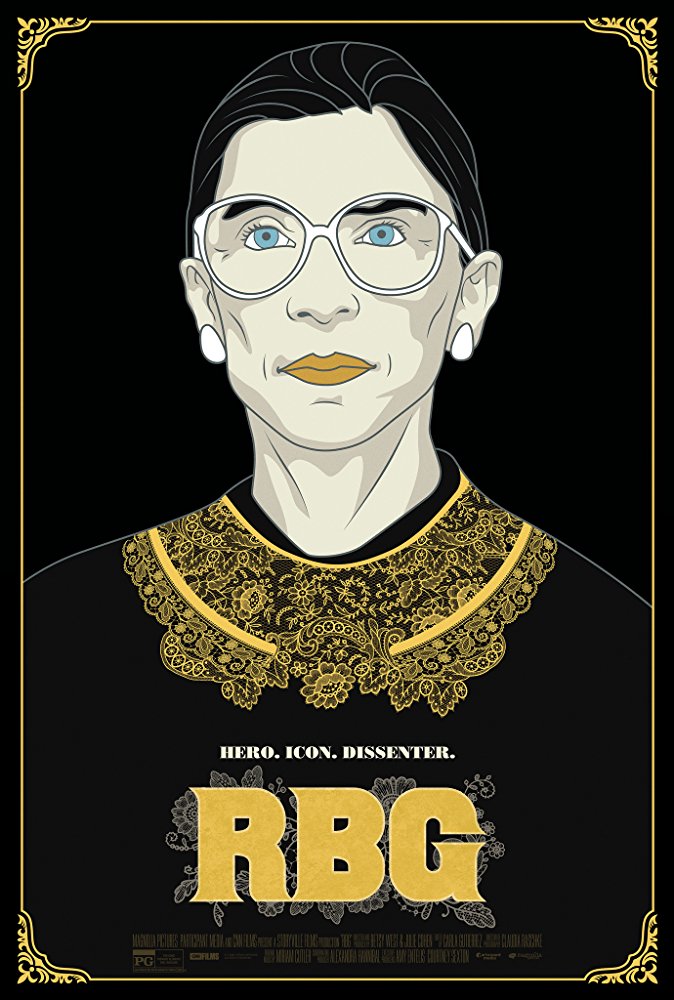
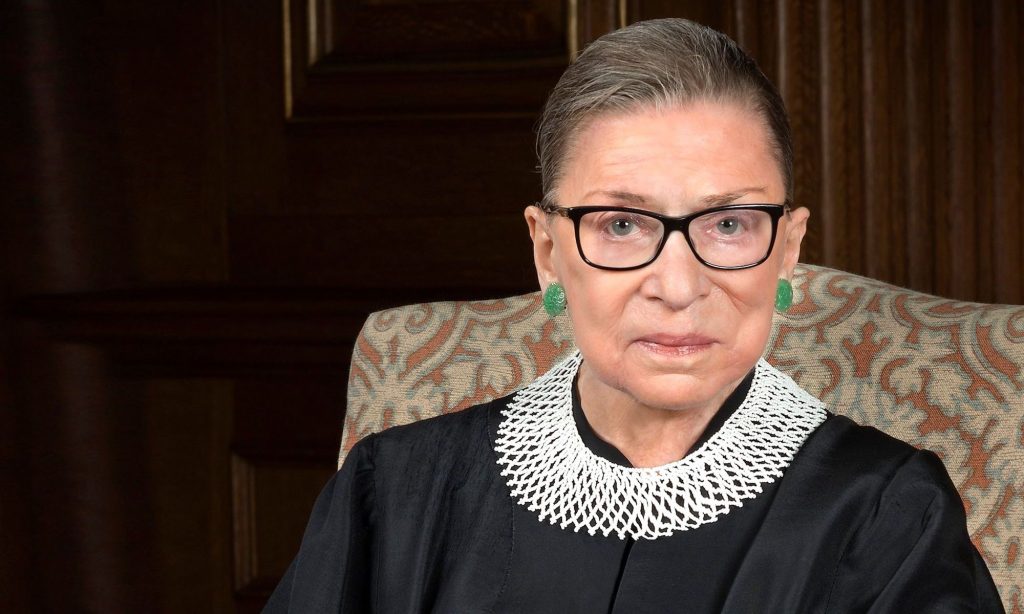
 Aaron White is a Seattle-based film critic and co-creator/co-host of the Feelin’ Film Podcast. He is also a member of the
Aaron White is a Seattle-based film critic and co-creator/co-host of the Feelin’ Film Podcast. He is also a member of the 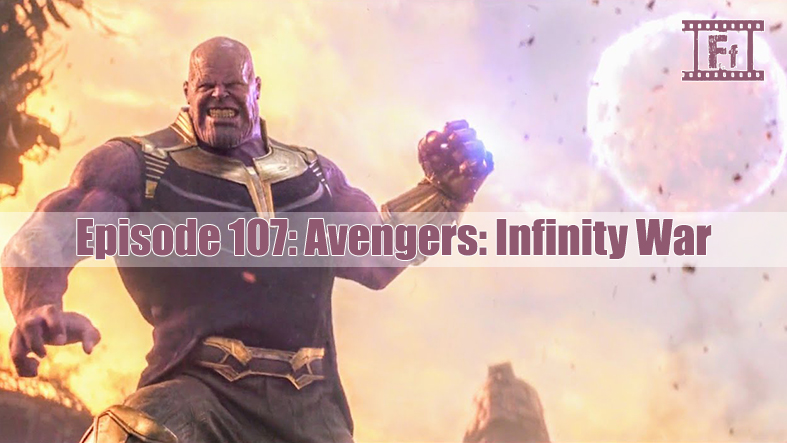


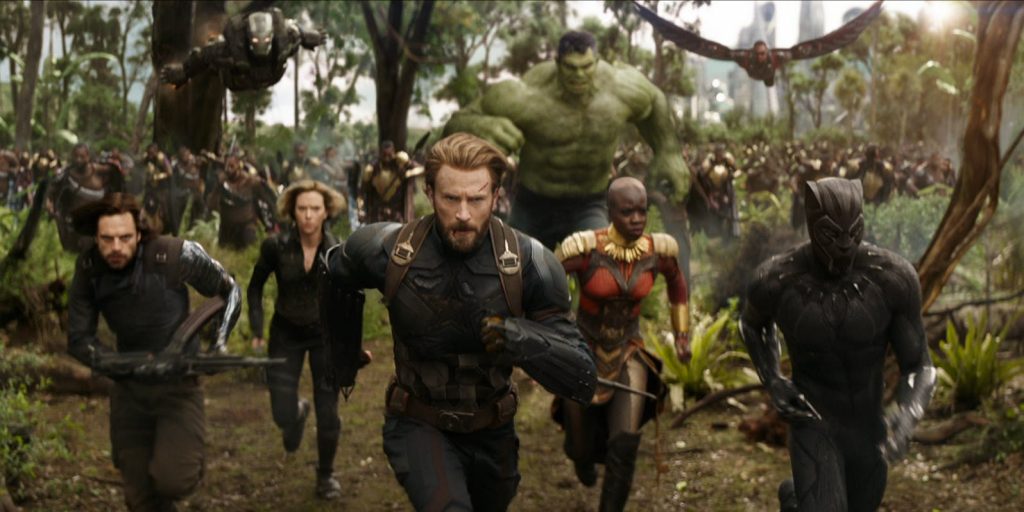
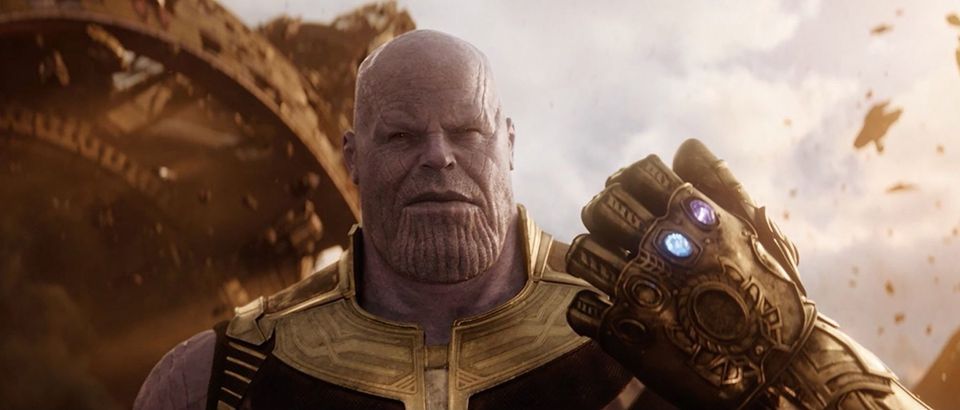
 Aaron White is a Seattle-based film critic and co-creator/co-host of the Feelin’ Film Podcast. He is also a member of the
Aaron White is a Seattle-based film critic and co-creator/co-host of the Feelin’ Film Podcast. He is also a member of the 